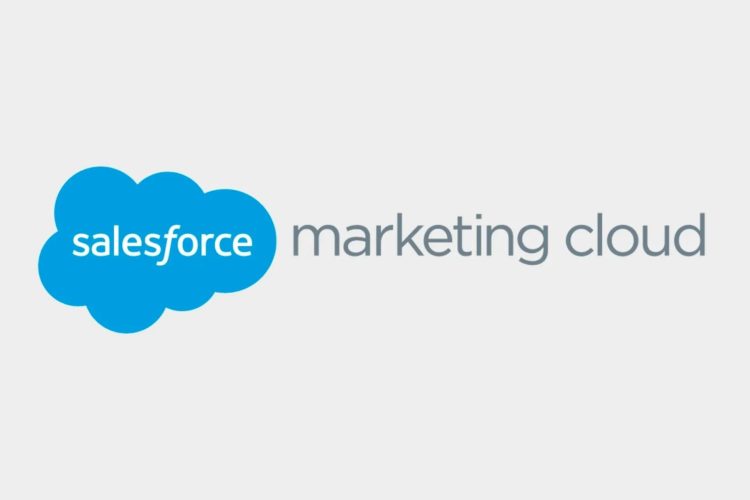
The idea of storing your data on a public cloud may be a little bit alarming to you, but the truth is that a public cloud is a secure and powerful resource for your business growth, both for storing your data and running your applications on a use-case basis. But how secure are they?
We’ll help you understand who has access to a public cloud, how they work, and why one might be the right fit for your business needs.
What Is a Public Cloud?
In short, a public cloud is a computational and storage resource that businesses and entities share. In other words, multiple companies worldwide use the same third-party infrastructure to store data and run applications over the Internet, providing on-demand services for business workloads without a business needing to shoulder those upfront infrastructure costs themselves.
Public cloud services offer near-limitless scalability for businesses, making them a viable option for growing companies that need flexible storage/computational resources.
Who Can Access a Public Cloud?
Hearing the word ‘public’ is worrying when it comes to your personal data, but a public cloud is only public in the sense that any customer can use the service; they cannot access your private data or services. One common analogy is that of an apartment complex.
The landlord, in this case, would be the third-party provider hosting and maintaining the physical infrastructure of the building. They are responsible for outages, maintenance issues, and bugs.
As a private business owner, you serve the role of a tenant, wherein you have your own personal ‘room’ within the server, using a portion of the computational resources and storage space available based on your needs. Others, too, have their own private rooms that others cannot access.
Public vs. Private Clouds
Before diving into the matter of accessibility, it’s important to lay out the key differences between a public cloud and a private cloud. Public clouds, as mentioned, offer scalability based on the computational services and storage space you use. On the other hand, a private cloud can only perform to the maximum of the hardware’s capability.
Another critical distinction is ownership. A public cloud is monitored, run, and updated by a third-party service, while the business owns a private cloud service and may be stored on-site or off-site by a third-party vendor.
How Does Accessibility Impact Cloud Services?
Accessibility isn’t a key factor in determining a public cloud’s performance. In other words, you shouldn’t assume that a public cloud will perform poorly because multiple users are accessing it simultaneously or that a private cloud will perform well because only one business is using it. Public clouds have a massive amount of computational power at their disposal, and your individual business is only using a fraction of it—as much as you need—to run your applications.
The limited accessibility of a private cloud isn’t a marker of function either. When a business has a spike in traffic or usage, a private server may not be equipped to handle it if the infrastructure isn’t up to par. With a public cloud, the user would simply scale to accommodate traffic spikes, maintaining uptime and business operation efficiency.
Is a Public Cloud Safe?
If you’re asking the question of who can access a public cloud, then you’re likely worried about the protection of your sensitive business data. A public cloud pools resources in distributed data centers with staunch security measures against malicious attacks, again scaled based on the services you need.
IT professionals constantly monitor their hardware to preempt and thwart an attack. If an attack proves successful, a quick response time ensures minimal data loss to reduce business impact.
It is fair to say that private servers, which consist of infrastructure bought and maintained by the business itself, are more secure; however, this is only a generalization and comes with some caveats. First, the infrastructure is only as good as the building.
Unless you’re an IT whiz, you’re likely hiring a third-party provider to build the infrastructure, again placing your trust in another agency for your security measures. Third parties monitor some private infrastructure setups and may be more susceptible to localized attacks.
Private infrastructures put your business squarely in the driver’s seat, giving you control over your infrastructure needs; however, in keeping with the analogy, you need to change out the oil, rotate the tires, and pay for any engine repairs yourself. Moreover, businesses must personally plan and execute response strategies in the event of an attack to ensure minimal loss of data and reduced downtime.
Many large business conglomerates can handle these difficulties and have private infrastructures for obvious reasons: they have the resources, the need, and the manpower to build, maintain, and update the hardware as needed.
Smaller businesses, on the other hand, might not need these resources, especially when business growth is undetermined; the last thing you’d want for your business is to build a privatized infrastructure only to discover it’s not enough for your business needs.
A growing business is in a prime position to benefit from the scalability of the public cloud. In the long term, established companies might recoup their investment costs on a private cloud service. Still, small and growing businesses often need scalable, third-party-hosted services so that they can focus on business growth.
The Bottom Line
Public clouds are accessible to any business that pays for the service. However, it’s not accurate to assert that all business data shares the same cyberspace; each company has its data and applications privatized, and rigorous security measures protect the entire system.
Public clouds are low-risk and highly applicable to growing businesses that need to scale their business application services. That way, you can focus more on your business growth plans and ensure that you’re only paying for the services you’re using, as well as taking advantage of the exceptional customer support and IT services to keep your business running. If you later decide you want to take the plunge into a private server, the option is always available once you have had the chance to establish your enterprise.





